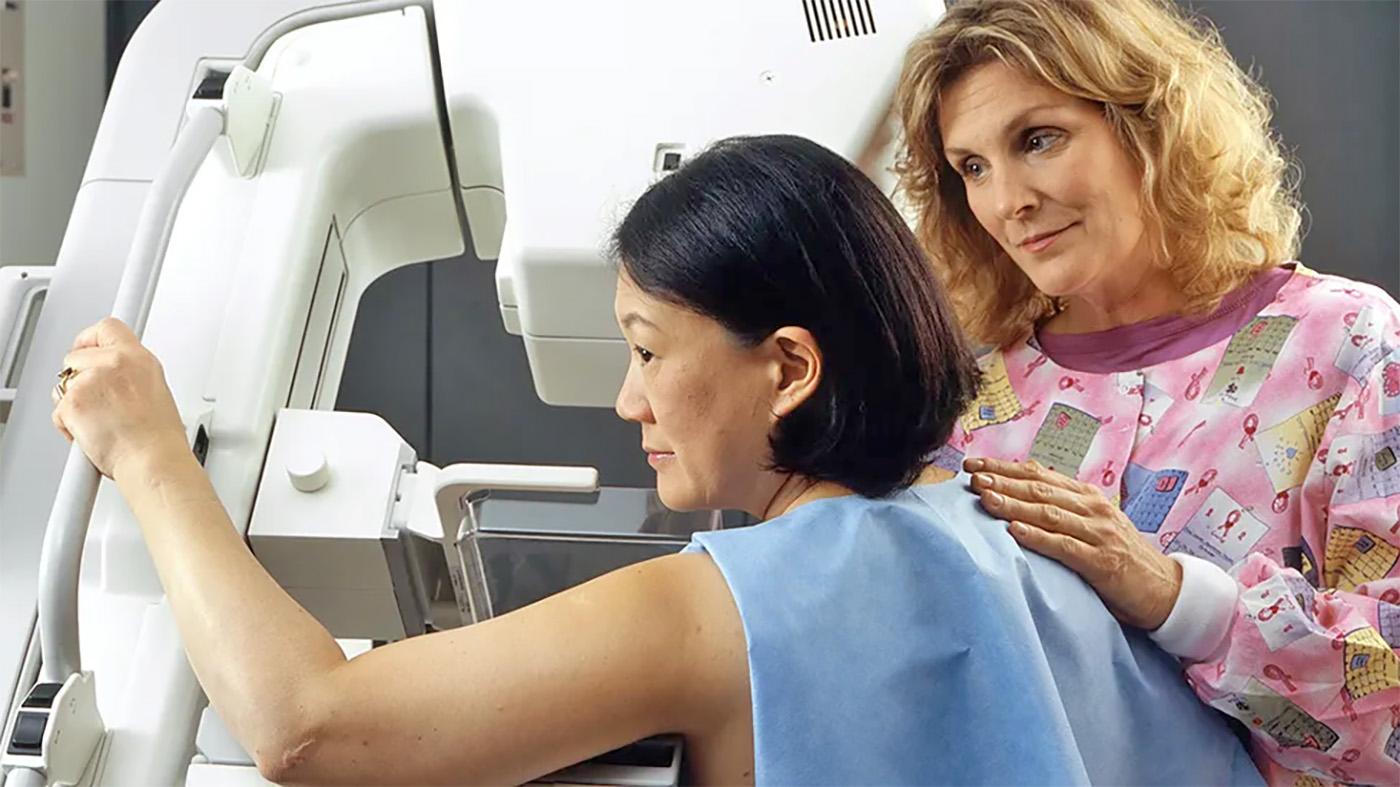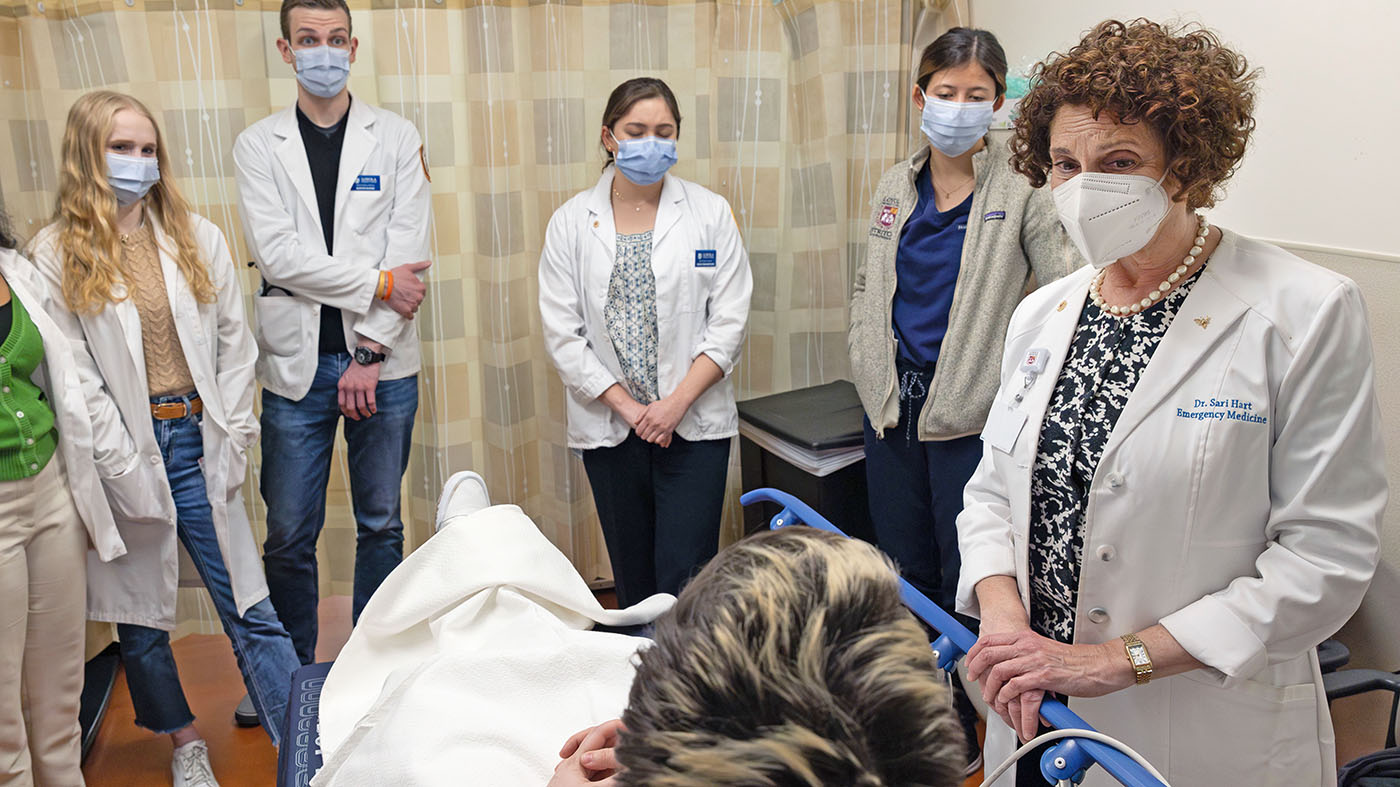At VA, we are dedicated to supporting Veterans through all aspects of their breast cancer journey, from prevention and screening to diagnosis, treatment and recovery.
Breast cancer ranks as the second most common cancer among women in the United States, following skin cancer, and within VA, it’s the most diagnosed cancer for women. Male Veterans are diagnosed with breast cancer at significantly higher rate than their civilian counterparts. Chances are, you or someone you know has been touched by this disease. We understand the significance of breast cancer and are committed to ensuring that Veterans receive the best possible care.
Between 2009 and 2016, the number of VA facilities providing care to Veterans with breast cancer increased by 25%. Women Veterans are the fastest-growing segment of our population and it is projected they will constitute 17% of all Veterans by 2040. As this population continues to grow, so does the demand for breast cancer care within VA. We are expanding our services for breast cancer prevention, screening and treatment to meet this increasing need.
VA’s Breast and Gynecologic Oncology System of Excellence
After just two years, VA’s Breast and Gynecologic Oncology System of Excellence continues to make significant strides. The BGSOE was established to enhance the quality of care provided to Veterans diagnosed with reproductive cancers, including breast, ovarian, uterine and cervical cancer. The BGSOE interdisciplinary team is dedicated to transforming cancer prevention, treatment and outcomes while delivering coordinated, integrated, patient-centered care.
To raise awareness about how BGSoE aims to serve Veterans, we’re proud to share a new video, Cancer Allies, which highlights both patient and provider perspectives about our expanding care for reproductive cancers.
Michelle Terwilliger, Army Veteran and VA nurse practitioner case manager for surgery at Durham VA, was diagnosed and treated within VA for invasive ductal carcinoma, the most common type of breast cancer. “I don’t know I would’ve felt this supported outside of the VA health system. Everyone from primary care to radiology has been wonderful. They’re an extension of my family. The best decision I ever made was to stay in the VA system,” Terwilliger said.
Through the BGSoE, VA is increasing capabilities and systems that support the health and well-being of Veterans diagnosed with, or at-risk of, developing cancer.
We take pride in our patient-centered Virtual Tumor Board, focused on Veterans with breast and GYN cancers. Within this empathetic, highly collaborative environment, experts from across the country come together virtually to carefully review individual cancer cases and discuss the best treatment options for each patient.
Prioritizing cancer care access, the BGSoE also offers virtual clinics, as well as high-risk clinics for Veterans who don’t have a cancer diagnosis but are at high-risk because of genetic mutations. VA is also proud to now offer the first national breast cancer virtual peer support program for Veterans undergoing treatment.
Legislative support for breast cancer screening and care
VA also has made significant progress in breast cancer care through the MAMMO Act, expanding high-quality screening and upgrading to state-of-the-art digital breast imaging. Breast cancer is also now a presumptive condition under the PACT and SERVICE Acts, extending VA health care eligibility to Veterans exposed to toxins and allowing those who served in specific locations during certain time periods to undergo breast cancer risk assessments and screenings.
Learn more about cancer care and VA
Veterans are strongly encouraged to talk to their VA provider about the need for different cancer screenings and what screening options are available.
Learn more about how VA works to expand access and reduce barriers to cancer care at VA.
Visit My HealtheVet to learn tips and tools to help you partner with your health care team, so together, you may work to manage your health.
Topics in this story
Link Disclaimer
This page includes links to other websites outside our control and jurisdiction. VA is not responsible for the privacy practices or the content of non-VA Web sites. We encourage you to review the privacy policy or terms and conditions of those sites to fully understand what information is collected and how it is used.
More Stories
Veterans Canteen Service introduces online service for ordering contact lenses, a quick and convenient way to get prescription contacts
VA emergency medicine physician Dr. Sari Hart receives award for developing and teaching a humanism course.
Michael E. DeBakey VA in Houston has become accredited as a Level 4 Epilepsy Center by the National Association of Epilepsy Centers.






